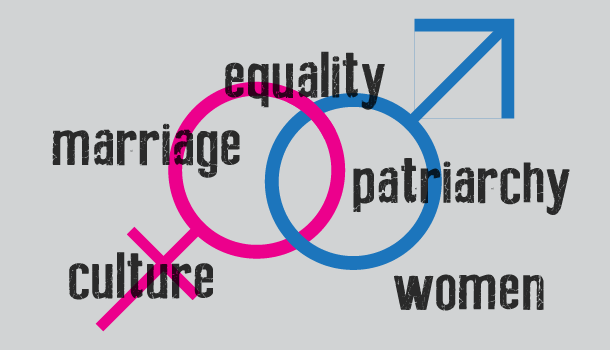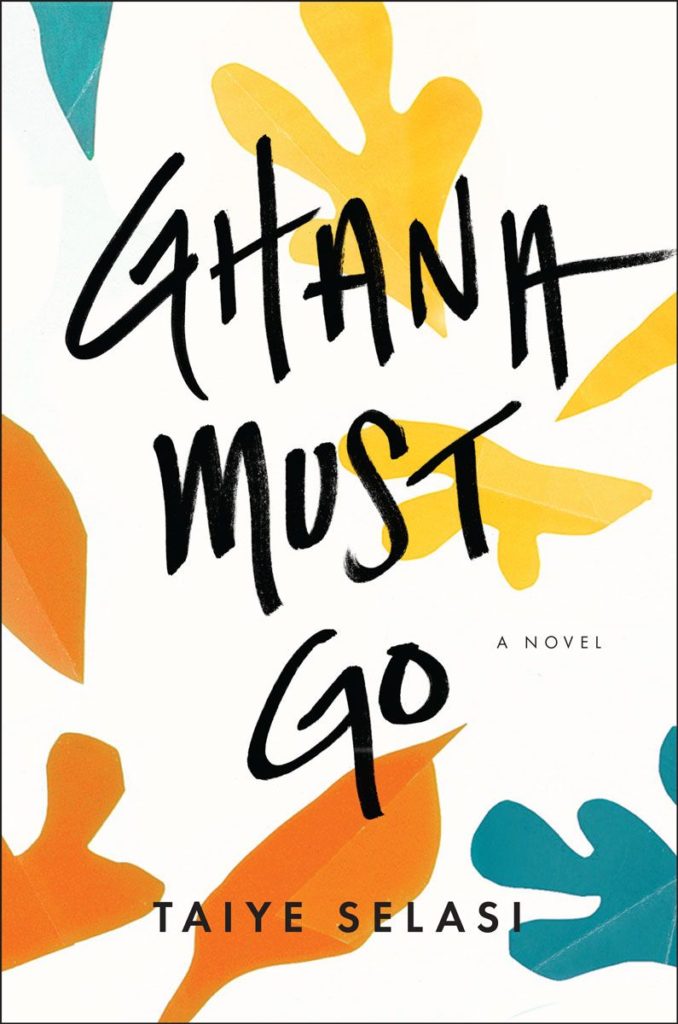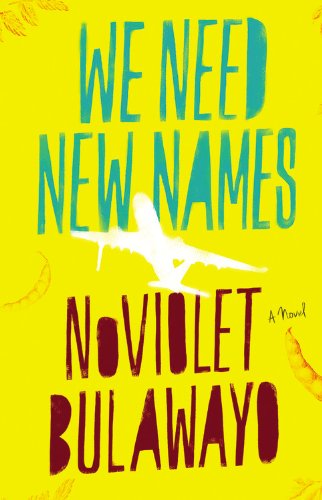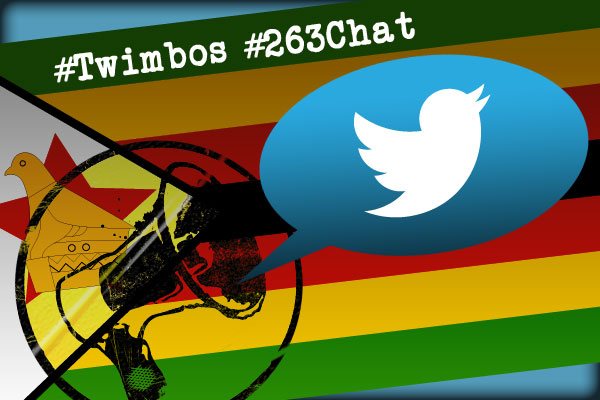Dating back four generations it has been customary for Shona women in Zimbabwe to get down on their knees or at the very least curtsey when serving their husbands a meal. This custom is prevalent in Shona households. Kneeling is a sign of humility and respect. Some women in my family embraced this practice from the early 70s – they still do. However, the more educated and westernised women do not follow this custom, which has patriarchal overtones linked to the subjection of women.
Shona women are forced into submission by patriarchs in many Shona families where the man is regarded as the head of the household. When I was ten years old my paternal grandmother warned me: “You better learn how to cook and clean because if you get married and can’t perform your duties as a wife, you’ll be brought back to the family.” To be returned to your family for not being submissive, for not kneeling, for having a voice, would heap disgrace on them. Worse, when a girl is returned/divorced, her mother is often blamed for not raising her properly.
I have an African male friend who’s been living in New York for 15 years. He still believes it’s important for his wife to kneel when handing him his food. “It’s being respectful and following her culture,” he said. I was shocked. How do the sexes evolve with such hindrances? One would think a highly educated man who has been living in a western society would adapt to his environment.
I recently interviewed Shona women for research on my upcoming book that documents the lives of women in Harare. Many of them spoke frankly about their marital problems, problems that sprouted from subjection, a lack of independence and their husbands’ refusal to accept them as equals in their marriage.
One woman had divorced a Shona man after living in Canada with him for ten years. He expected her to cook after a ten-hour work day. When she suggested getting a housekeeper, her husband accused her of being “indoctrinated” by western culture. He threatened to “get” another woman from Zimbabwe. A few months later she discovered he was making plans to acquire an obedient wife from home.
Rudo, who got married fresh out of high school, had big dreams about her career but her husband didn’t share them. “I wanted to become a pharmacist or a doctor. My rich husband kept promising to send me to university. It’s been eight years and nothing. I am not a doctor, I’m just a housewife. All I can do is dream, raise my two children and regret marrying this man.”
Angie, a newly married woman from an impoverished background, goes down on her knees for her husband but feels bad because this is something she would only like to do while praying. “There is nothing I can do. In our culture the man is like God, I guess. If I don’t kneel while serving him then that makes me a disobedient and rude wife.”
Helen is the owner of a high-end clothing boutique. She and her husband are well off, but “miserably married”.
“I make my own money and my husband is into mining gold. He pays all the bills and even gives me a healthy allowance but he openly has a mistress. He’ll send me a text saying he is not spending the night at home,” she confided. “I can’t leave because I’d be an embarrassment to my family.When I took my complaints to my mother, she told me to be a good subservient wife and not speak up because his father was the same way. She added that when these Shona men reach a certain age they’ll start respecting you as a woman.”
This kind of advice from women to other women, although shocking, is not unusual. I got some myself when I was dating a 27-year-old Shona man last year. A successful businesswoman in her 30s told me to never air my views and opinions to a man because he will feel disrespected and challenged. “A good African woman knows her place and keeps quiet no matter how much anguish she may be festering,” she said. I did try to take her advice but I couldn’t sell my soul to the devil known as the “subjection of women”. I believe in mutual respect and communication.
I ended my relationship with him because he thought it was normal to subject me to societal norms I had not been accustomed to. When I opposed his views he called me “an uncultured disrespectful woman”. According to him, a woman should never say what she really thinks if it opposes her man’s views. “Do as I say without questioning me,” he would often tell me.
I was born in Europe, grew up in Africa but left for North America just after my eighteenth birthday. Kneeling for a man is part of my culture, but I refuse to. I could certainly kneel for the patriarchs in my family but not for a partner. Respect comes in many forms but kneeling for a partner takes away from the emancipation of women.
The act of kneeling when serving a man food is symbolic of respect but it also symbolises putting down a gender. If a woman decides to kneel and curtsey for her partner out of her own volition then I commend her because that’s her choice. I support actions that are based on love/choice because they have more sincerity than culturally set norms.
I’d like nothing more than for African men and women to be on an equal footing. As the generations pass, there will be a cultural evolution but I doubt I will live to see the day a Shona man kneels for his wife while serving her food.
Mandy Nembs is a writer who enjoys exploring her African heritage. She was born in England, grew up in Zimbabwe and lived in Canada for nine years where she attained a BA from Concordia University. She is currently based in New York.







